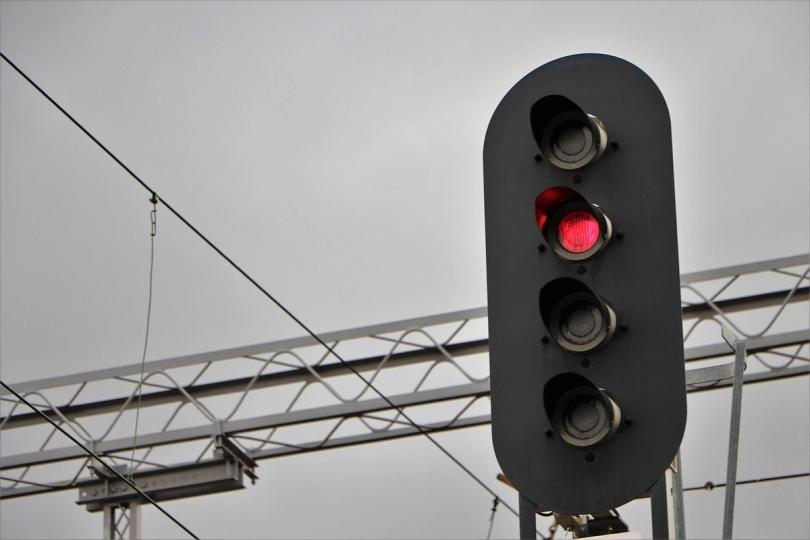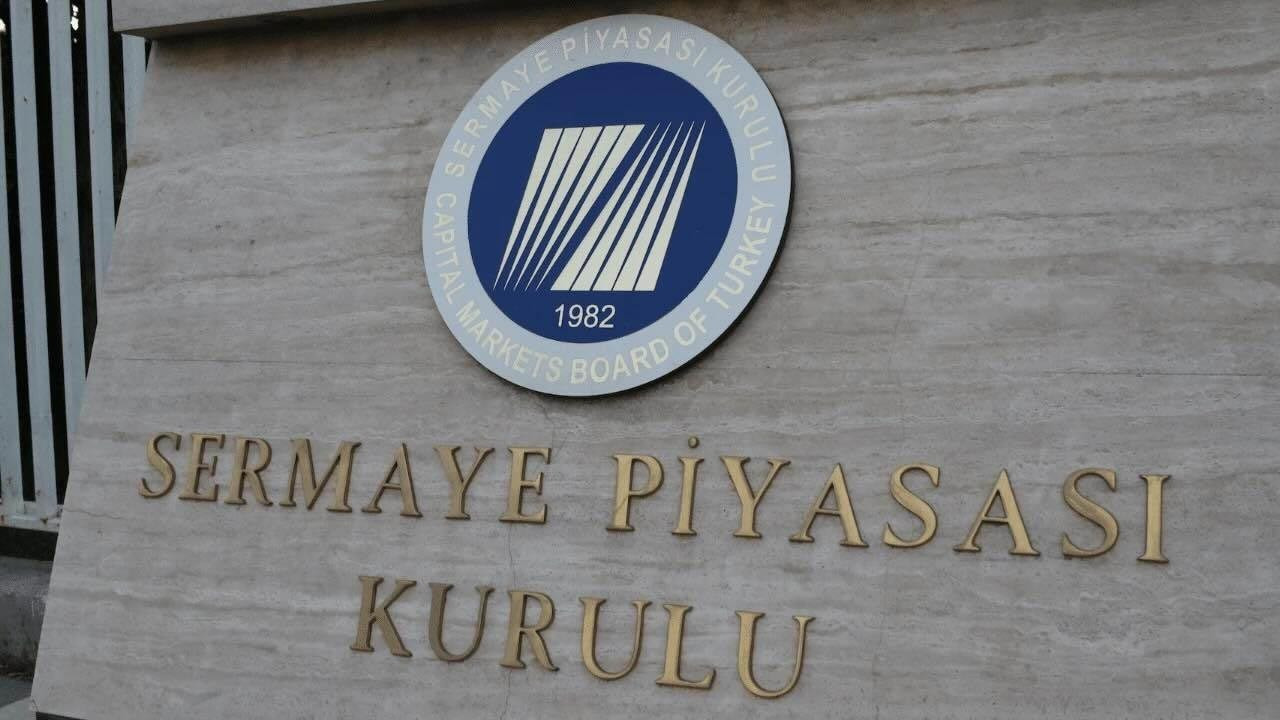Shock regulation to crypto exchanges The period of ID-free trading is coming to an end. Crypto accounts can be frozen

📌 What Happened?
The legal steps taken to regulate the cryptocurrency market in Turkey have entered a new phase. According to the regulation, which will come into force on April 25, the accounts of users who have not authenticated on cryptocurrency exchanges will be temporarily suspended. These users will not be able to trade, deposit money, make withdrawals, and their open positions will be closed.
The new regulation was prepared in the joint coordination of the Ministry of Treasury and Finance and the Financial Crimes Investigation Board (MASAK). The goal is to prevent money laundering risks, ensure transparency in the financial system and integrate crypto asset service providers into the traditional financial system.
The authentication process requires users to share information such as selfies, address information and job description with the platforms. While exchanges are notifying their users of this process, trading restrictions will kick in for accounts that do not take the necessary steps by April 25. Regulation is especially critical for investors who perform high-volume transactions.
This development is a continuation of the regulatory processes launched in July last year. With the legislation published in December, identification has become mandatory for crypto transfers of $15,000 and above. After the first phase, which came into force on February 25, it is now being implemented more widely.
Treasury and Finance Minister Mehmet Şimşek said: “We will not turn a blind eye to those who want to abuse our financial system. Crypto asset service providers now have to fulfill their responsibilities as part of the financial system,” he said, signaling that controls will be tightened further.
It is noted that if investors fail to comply with the regulation, they could face severe sanctions, such as blocking their accounts completely, stopping access to transaction histories, and suspending asset movements. The process involves not only individual users, but also institutional investors.
Anyone who wants to trade in the crypto market in the new era will need to have a transparent and traceable identity structure that is compatible with the financial system. This is interpreted as a sign that crypto markets will now evolve into a more institutional, more regulated and more secure structure.
📉 Products That May Be Affected
🟢 Positive:
• Regulation-compliant crypto exchanges
• Native licensed digital wallet platforms
• Authentication technologies
• Audited financial service providers
🔴 Negative:
• Exchanges that offer anonymous trading
• Unregistered crypto platforms
• User portfolios that do not adapt to regulation
• Systems with anonymous transaction infrastructure
🧠 Expert Review
This adjustment can lead to a decrease in user experience and trading volumes in the short term. However, in the long term, the institutionalization of the crypto market is expected to have positive effects in terms of increased security and the protection of investor rights. Crypto assets that gain legal ground can thus reach a wider investor base. Transparency, especially for individual investors, will play a key role in terms of market confidence. Platforms, on the other hand, will have to strengthen their technological infrastructures, which will shape competition.
✅ Take Action
You need to complete the authentication process by April 25 so that your crypto accounts are not frozen. Step up for your investment security.
Explore relevant analytics
Examine investment opportunities
🛑 Disclaimer
This content is not investment advice. You should make your decisions based on your own research and professional advisors.
investment desk, analysis, stock, stock exchange, balance sheet, crypto, US markets, BIST 100, technology stocks, Trump, crypto regulation, MASAK, identity verification, crypto account freezing, investor safety, Ministry of Treasury and Finance, Mehmet Şimşek, domestic crypto exchanges, identity obligation, KYC processes, financial audit, blockchain legality, KYC, AML, crypto law, MASAK notification, crypto regulation, crypto transfer limit, regulated exchange, investor protection, crypto account closure, regulation crypto, KYC process, crypto ban, identity verification, crypto regulation, Turkey crypto law, COOK crypto, Shimshek statement, AML compliance, crypto freeze, crypto trading ban, ID requirement, crypto security, decentralized exchange, blockchain regulation, digital assets law, Turkish crypto reform
Benzer Haberler
.png)
Yakında Tüm Platformlarda
Sizlere kesintisiz haber ve analizi en hızlı şekilde ulaştırmak için. Yakında tüm platformlarda...







.png)